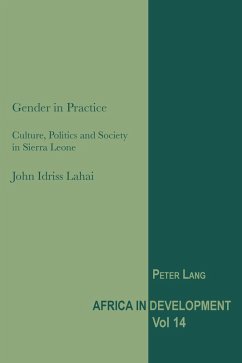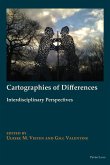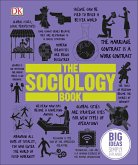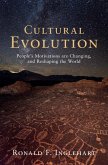In Sierra Leone, the dominant epistemological framework of the political and social history of the country and the post-colonial understanding of the place of men and women are based on the inter-subjective discourses of power, place, identity and belongingness. Through a complex web of culturally regulated, politically motivated and patriarchally conditioned belief systems on sexualities, a transition is imagined that goes beyond symbolism and familial attributes. Its aesthetics, as this book demonstrates, are deployed as a domain in which the political and cultural understanding of statehood, gender relations, politics, governance, armed conflict, human rights, women's empowerment and sexual identity are made and remade. In the main, the rudimentary discourses on the everyday individual/collective survival strategies of women have exposed, in expressive forms, the gendered uncertainties in people's lives. However, in practical terms, as described in this book, these uncertainties are a demonstration of the tensions between culturalism (and its post-colonial discontents) and the gender-ideological narrative concerning the question of gender equality and women's place in politics, culture and society across time and space in Sierra Leone.
Dieser Download kann aus rechtlichen Gründen nur mit Rechnungsadresse in A, B, BG, CY, CZ, D, DK, EW, E, FIN, F, GR, HR, H, IRL, I, LT, L, LR, M, NL, PL, P, R, S, SLO, SK ausgeliefert werden.









